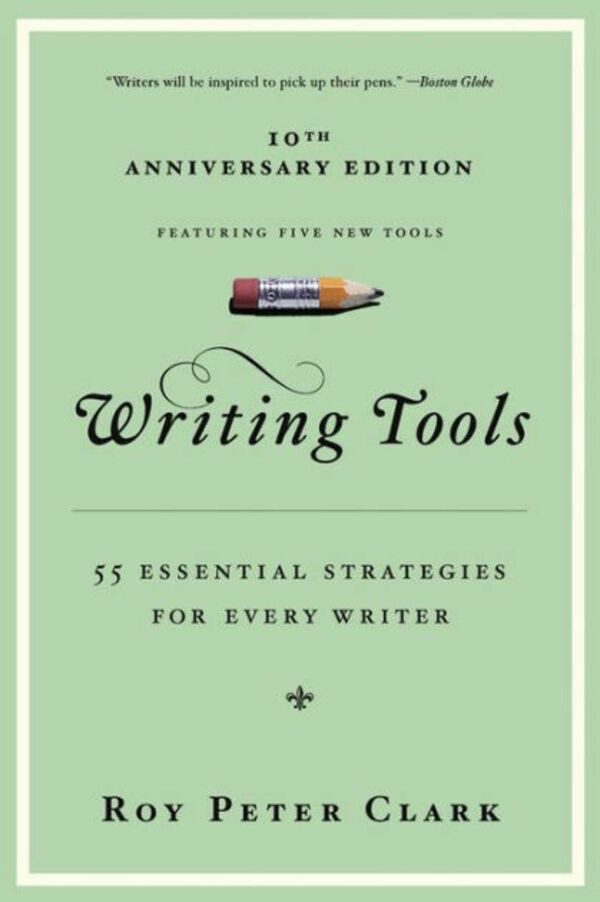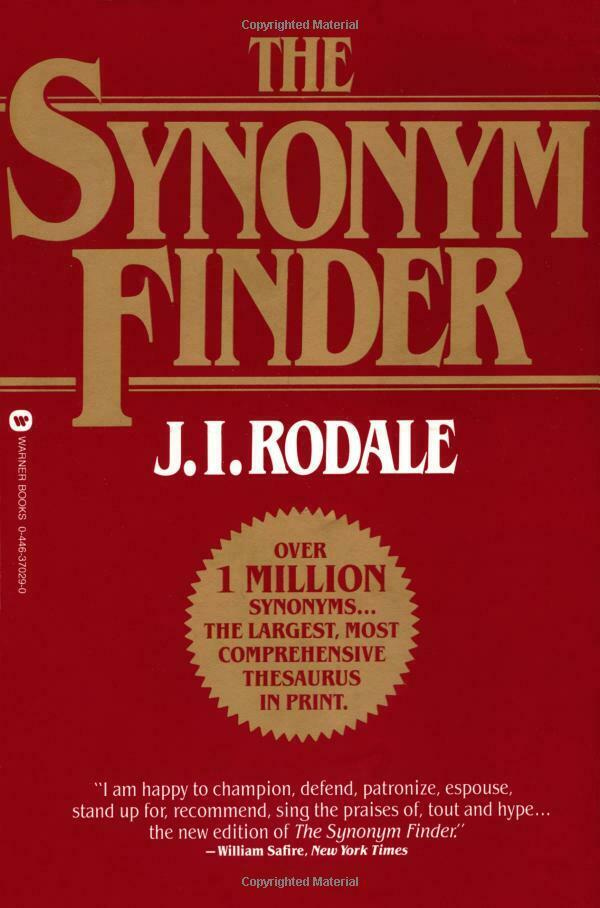A Writer’s Time

How to write a book
There I was with a nice advance from a New York publisher to write a book, and there was only one tiny problem, which I did not discuss with the publisher. I’d never written a book and didn’t know how. I knew how to write, to edit, even to publish, but authoring? Help!
Help came in the form of a little book (read it in an evening; read it again the next evening) that spelled out precisely the task at hand: how to write a book. I got innumerable good things from Atchity’s counsel, but the main three probably were these:
• Time is everything in the labor of writing. Organize your time, and the writing will have a chance to organize itself. I used most of Atchity’s tips except the taking of many mini-vacations (I didn’t have time).
• Use 5 x 8 cards! Salvation. Every idea, every separable quote, every item from the literature I was researching, each went onto its own card. Organizing the eventual 1,800 cards into piles was defining the chapters; subpiles defined the sections; sequence within the subpiles defined the sequence of the day’s writing. This was THE handle without which I would have floundered for months.
• Define in a sentence what the book is about. Searching for that sentence organizes your thinking; using it organizes your writing. Revising consists of removing everything that isn’t in support of that sentence.
If this review sounds like a burble of gratitude, that’s because it is.
02/7/14Excerpt
Always head for drama at this point in the process [first draft]: choose the more dramatic alternative at every crossroads. Writing yourself "into a corner'' guarantees drama as much as it does anxiety: the reader will relish watching you write yourself out of the corner.
•
You can edit objectively after three days have passed and you cannot edit objectively after three minutes have passed. So the attempt to edit instantly is negating the natural process, not allowing time to do its job.
•
No time is more important than the time used to examine and schedule your time.
•
Don't sit down to write without knowing what you're going to write. Never waste writing time deciding what to write. Writing time is for writing, not for the gestation of writing.
•
If you're wondering whether you're experiencing End Time, you're not. True End Time displaces all other thoughts.
*
In Middle Time most writers have problems maintaining perspective toward their work. Middle Time's greatest pitfall is exhaustion, and its most common side effect is confusing that exhaustion with depression or with a dismal reevaluation of the work at hand. . . . During Middle Time you need vacations, as many as you can fit into your schedule.
(I also used Atchity to help me write my second and third books. I would reduce his advice to this: The work for a book is never-ending, unlimited. The time you have to write it is limited. Therefore you don't manage your work, you manage the only thing that can be managed: your time. I followed his card system, too. These days a good substitute for 3x5 cards is the software Scrivener for the Mac and Windows. You make notes on virtual cards in the research phase. Cards can contain images, video, all kinds of notes. You then write onto the "cards" expanding and deepening their content as much as you want, or cutting/pasting off pieces to make new cards. These cards can then be arranged and re-arranged into the order of your book. When you are finished arranging, you export all the text into one seamless document. It's the only way I write long form now. And like any great software, it has capabilities I haven't even touched yet. Four of my best-selling author friends in both fiction and non-fiction swear they couldn't complete books without Scrivener. -- KK — editors)
A Writer's Time: Making the Time to Write $15









